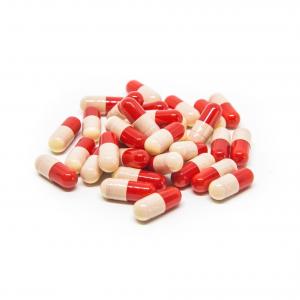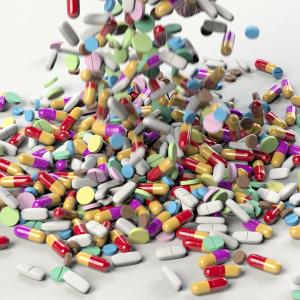How To Overcome Postpartum Depression And Anxiety
Postpartum depression and anxiety are real, debilitating disorders that affect some women after they give birth.
Brought on by hormone changes after pregnancy, postpartum depression can occur in the first few days or weeks after childbirth and last for months. Women with a history of depression or stress are more likely to develop postpartum depression, but anyone who has recently gone through pregnancy is susceptible.
Postpartum Depression Symptoms
The symptoms of postpartum depression include feeling sad, hopeless, and empty. Anxiety is another sign of postpartum depression; prevent and reduce your anxiety by maintaining time for yourself after giving birth.
Other symptoms include lack of appetite, trouble sleeping, and difficulty concentrating. Symptoms can occur as early as the first day after childbirth but may not occur until several weeks following birth.
How to Treat Postpartum Depression
Be sure to talk to your doctor if you think what you’re experiencing is postpartum depression. Postpartum depression can be treated with both counseling and antidepressant medication. Women can use counseling as a time to relieve their anxiety and work out their feelings towards themselves and their newborns.
Recovering From Postpartum Depression
Controlling anxiety related to postpartum depression is necessary to continue living your life. You may experience anxiety symptoms along with your depression, like feeling fear or severe worry.
Maintain a healthy diet and balanced lifestyle; taking care of yourself is crucial to recovery. Sleep deprivation hinders the recovery, so try to get as much shut-eye as possible.
Photo: Pixabay










